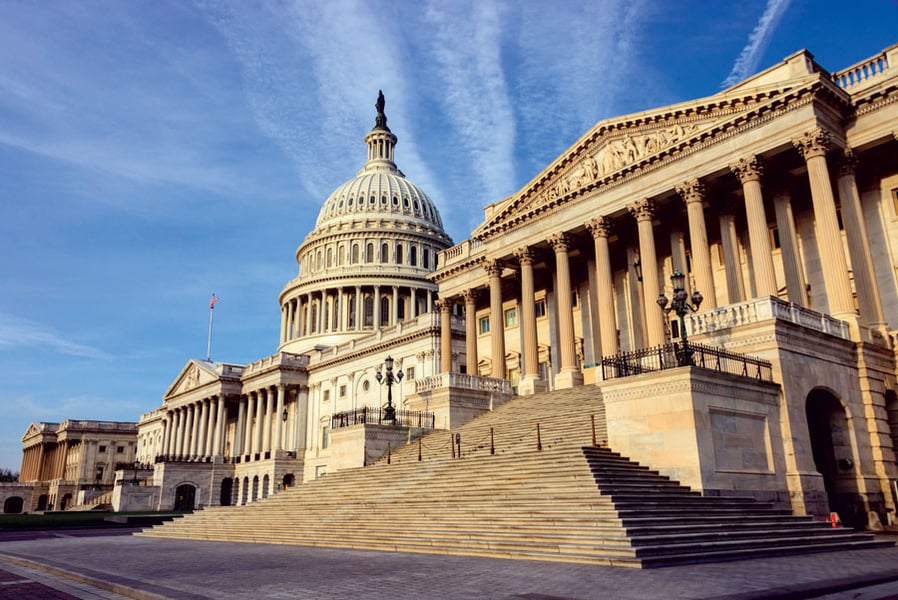

Ron Wyden, D-Ore., the ranking member of the Senate Finance Committee, and six other Democratic senators have introduced legislation that would enhance the incentives to save for retirement.
The bill, the Encouraging Americans to Save Act, would restructure the existing, nonrefundable saver’s credit into a refundable, government matching contribution of up to $1,000 a year for middle- and moderate-income workers who save through 401(k)-type plans or individual retirement accounts.
The legislation also includes a Covid-19 recovery bonus credit that provides up to $5,000 in additional government matching contributions for the first $10,000 saved during a five-year period beginning in 2022.
The bill is cosponsored by Sens. Michael F. Bennet, D-Colo.; Bob Casey, D-Pa.; Dick Durbin, D-Ill.; Amy Klobuchar, D-Minn.; Bob Menendez, D-N.J.; and Patty Murray, D-Wash.
According to the National Institute on Retirement Security, more than 100 million working-age Americans do not have coverage through a company plan or own any retirement assets, whether that's in an IRA or in a 401(k) or other defined-contribution plan.
The legislation also would enhance the saver’s credit by making the full 50% credit rate available to couples earning up to $65,000 per year ($32,500 for single taxpayers) and would require that the credit be directly contributed into the saver’s retirement plan or IRA, Senator’s Wyden’s office said in a release.

Driven by robust transaction activity amid market turbulence and increased focus on billion-dollar plus targets, Echelon Partners expects another all-time high in 2025.

The looming threat of federal funding cuts to state and local governments has lawmakers weighing a levy that was phased out in 1981.

The fintech firms' new tools and integrations address pain points in overseeing investment lineups, account monitoring, and more.

Canadian stocks are on a roll in 2025 as the country prepares to name a new Prime Minister.

Carson is expanding one of its relationships in Florida while Lido Advisors adds an $870 million practice in Silicon Valley.
RIAs face rising regulatory pressure in 2025. Forward-looking firms are responding with embedded technology, not more paperwork.
As inheritances are set to reshape client portfolios and next-gen heirs demand digital-first experiences, firms are retooling their wealth tech stacks and succession models in real time.
